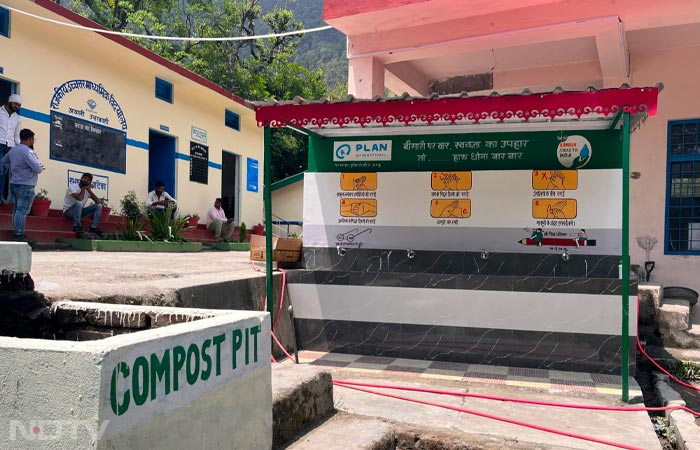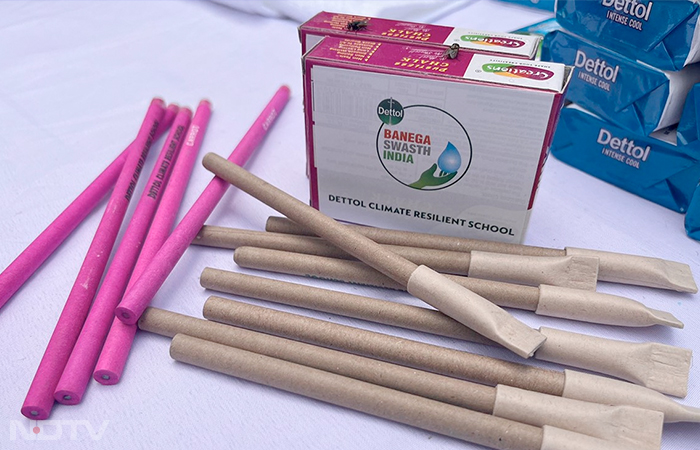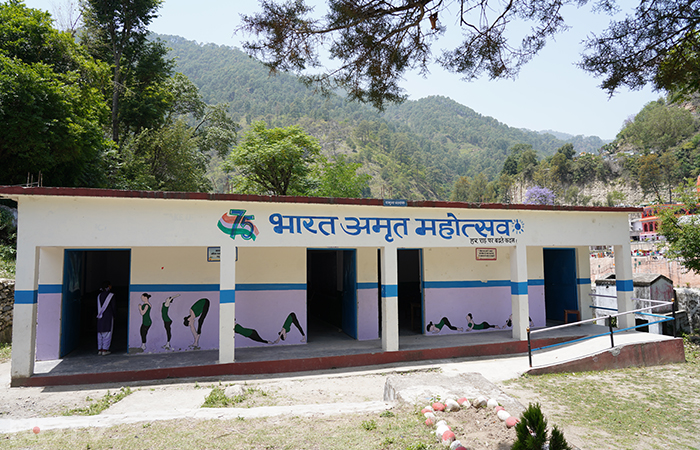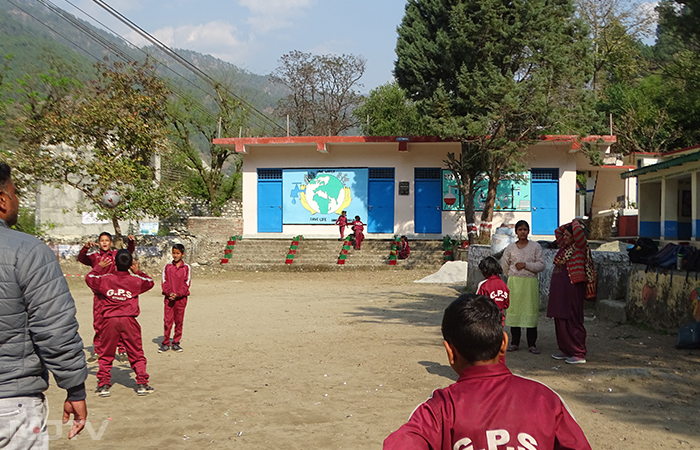On World Environment Day, Dettol Launches India's First Climate Resilient School In Uttarakhand
With an aim to create environmentally conscious children, Dettol India launches India's first Climate Resilient School in Uttarkashi, Uttarakhand to mark the occasion of World Environment Day.
-
The concept of India's first Climate Resilient School has been inspired by India-led global movement ‘Mission LiFE', which was launched at the 26th United Nations Climate Change Conference of the Parties (COP26), in Glasgow in 2021 by Prime Minister Narendra Modi.
-
A Climate Resilient School is basically a model that focusses on introducing climate-friendly technologies as part of the school infrastructure along with specific climate curriculum that will teach children the importance of climate change actions with an experiential and contextual learning approach.
-
Climate Resilient School infrastructure is made in such a way that it is energy and water-efficient. The changes include things like Solar Panels; Rainwater harvesting system; Grey water recycling; Waste segregation, management and creation of zero waste campus; Bio-Urinals; Significant increase of green cover in the school premises.
-
Talking about the concept and the inspiration for the project, Ravi Bhatnagar, Director, External Affairs & Partnerships, SOA, Reckitt at the launch said, 'The school is the first-of-its-kind, and Dettol plans to create a cohort, wherein the students will be educated and guided about climate change and prepared as future leaders.'
-
Uttarakhand has been one of the state's prone to climate change and natural disasters such as earthquakes, because of its geographical location and that's the reason why the state has been chosen as the first location for Dettol's Climate Resilient Schools.
-
Highlighting about the role environmental design solutions have played in building climate-resilient schools, Piyush Verma, Associate Director, Environmental Design Solutions, said, "The role of environmental design solutions is to shape the long-term climate resilient strategies for the schools. We have looked at energy, water, and waste as key aspects in these climate resilient schools. With respect to energy, we have envisaged renewable energy sources and energy efficiency equipment in the schools. This reduces energy consumption while also making these institutions energy independent. For water, we have looked at reducing the water usage through water fixtures that consume very little water, and for water, we are looking at nearly 100 per cent food waste reduction through composting."









